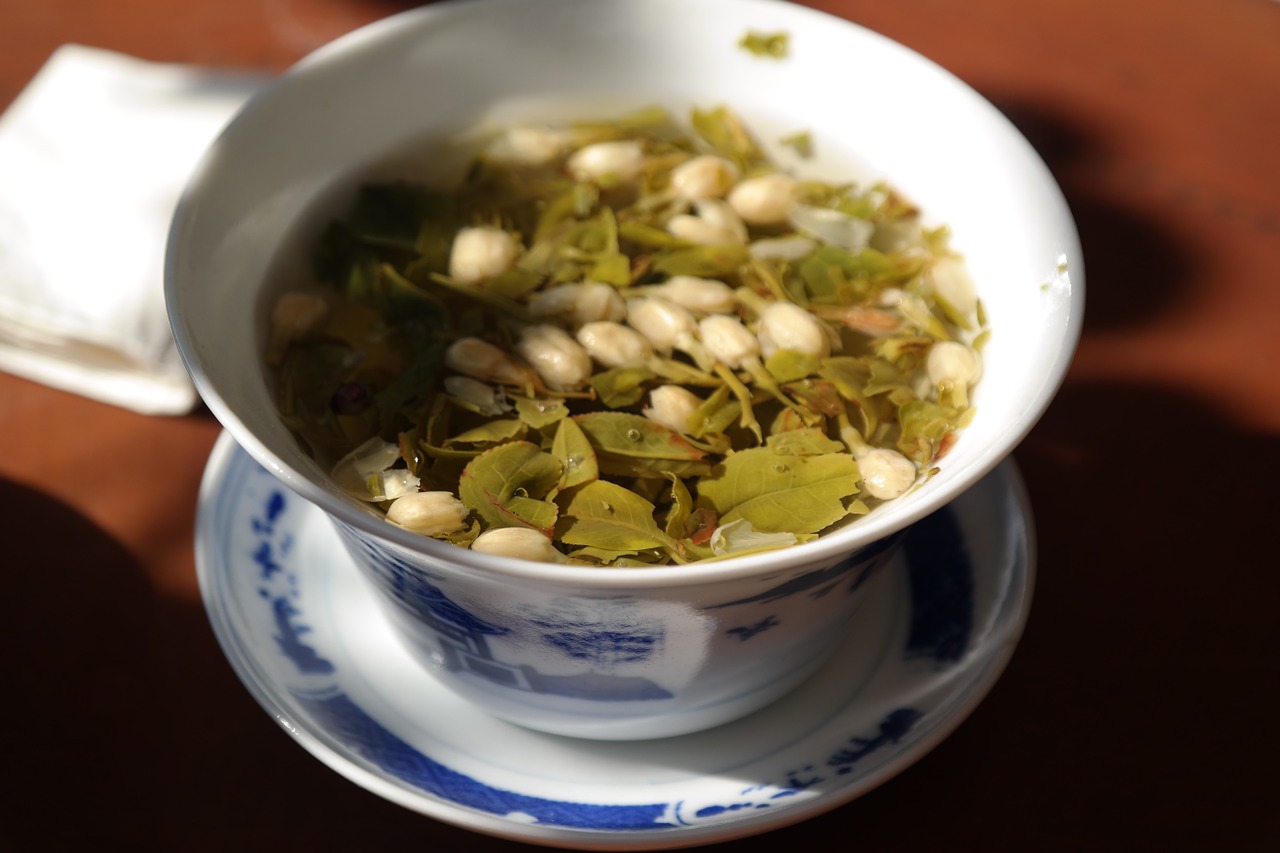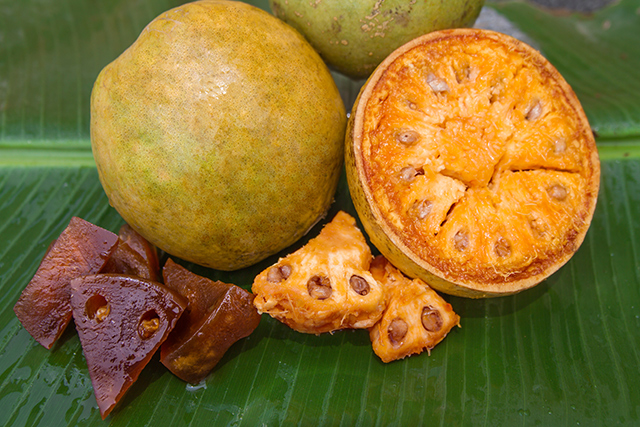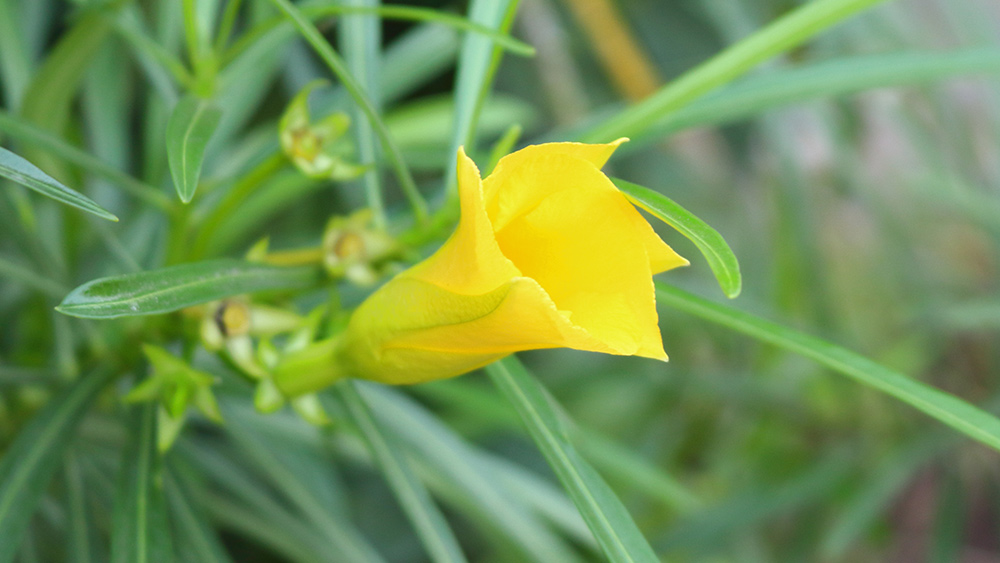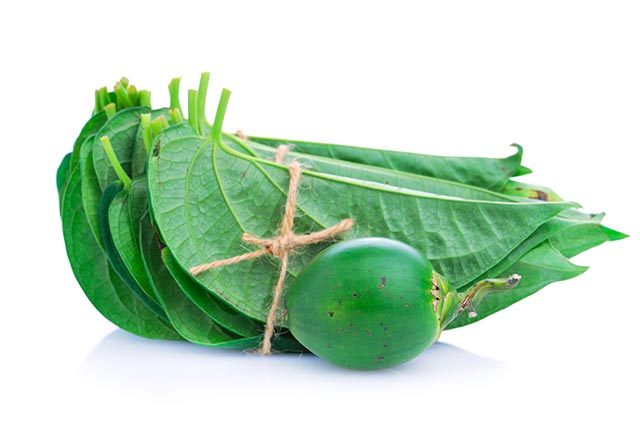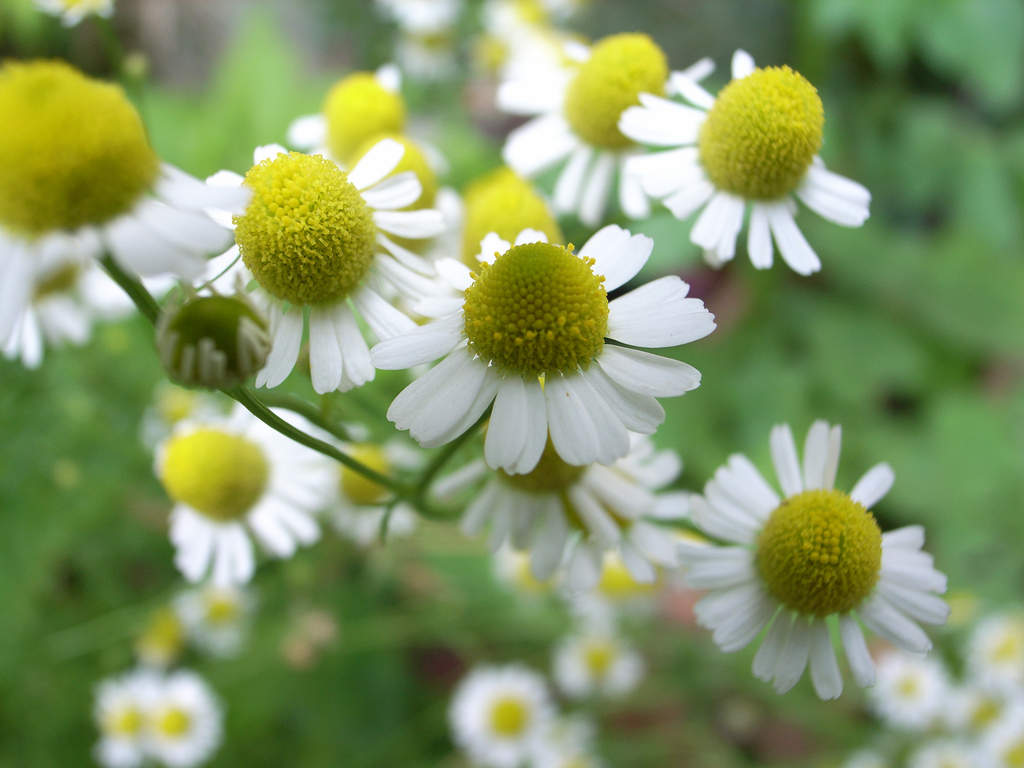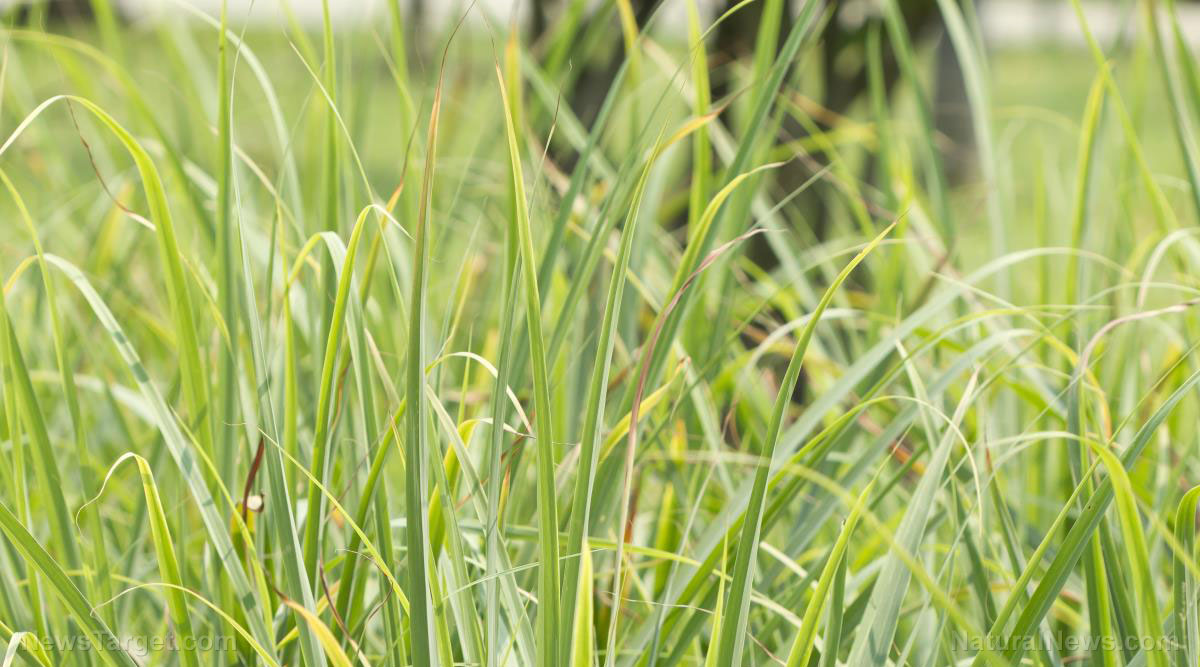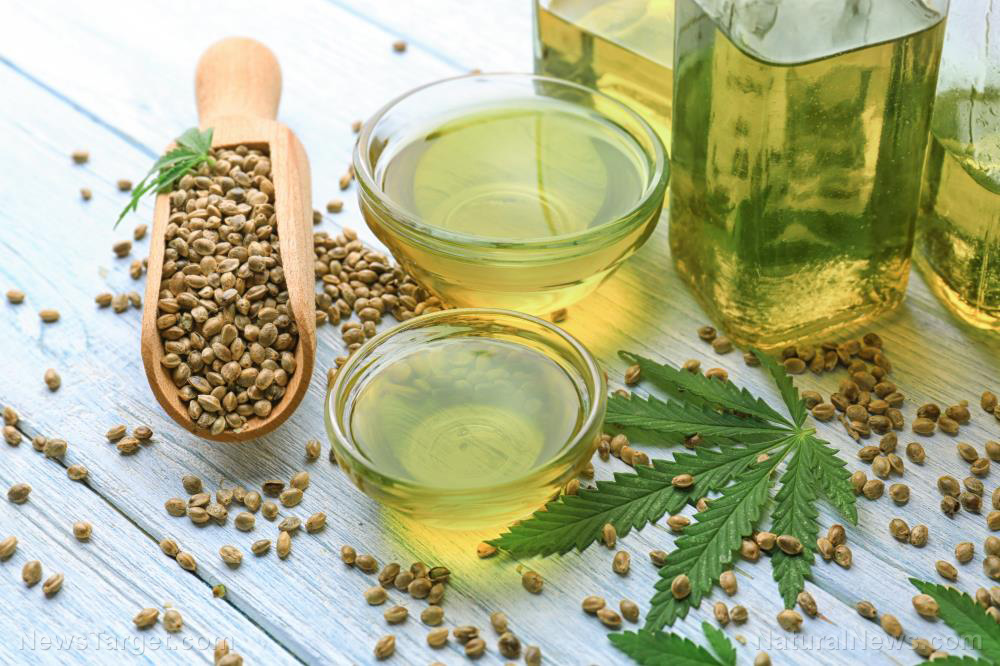A traditional herbal medicine may help alleviate arthritis symptoms
10/13/2018 / By Michelle Simmons

A plant from the barberry family which is commonly used in traditional herbal medicine may help alleviate some symptoms of arthritis, according to a study published in the journal BMC Complementary and Alternative Medicine.
The study was carried out by a team of researchers at the University of Sargodha in Pakistan who looked at the anti-arthritic properties of the roots of Berberis orthobotrys, an aromatic perennial shrub. The barberry has around 500 species, and some of its species, such as B. crataegoma, B. aristata, B. vulgaris, and B. calliobotrys, have been known to offer anti-arthritic activities. The research team particularly evaluated B. orthobotrys, locally known as Ishkeen, in their study. In the northern parts of Pakistan, the roots and stem bark of this particular plant has been used in powder or pills form for treating joint pain.
The research team evaluated the effect of B. orthobotrys against arthritis using various necessary methods. They also measured the antioxidant properties and total flavonoid content of B. orthobotrys.
In the experimental studies the research team conducted, they observed that B. orthobotrys has significant anti-arthritic properties, with the n-butanol fraction being the most potent. The exact mechanism of the anti-arthritic effect of B. orthobotrys was not determined. Even so, the researchers suggested that its beneficial effects on rheumatoid arthritis may be associated with the presence of aporphine-benzylisoquinolie alkaloids, berberine, and berbamine, which were previously seen in B. orthobotrys and phenols and flavonoids identified in the current study.
The findings of the study support the traditional use of B. orthobotrys in the treatment and management of arthritic inflammatory conditions. As a result, this plant can potentially be used as a strong anti-arthritic agent for rheumatoid arthritis treatment.
More on rheumatoid arthritis
Rheumatoid arthritis is a long-term autoimmune disease that occurs when the immune system of the body mistakenly attacks the joints. As a result, inflammation will occur, causing the tissues that line the inside of joints to thicken. Swelling and pain in and around the joints will also develop. If the inflammation remains untreated, it can impair cartilage, which is the elastic tissue that covers the ends of bones in a joint, and the bones themselves. Gradually, cartilage loss will occur and the joint spacing between bones can shrink. Joints can become loose, unstable, painful, and lose their mobility. In addition, joint deformity can occur. Unfortunately, the damage in joints cannot be reversed. If a person has rheumatoid arthritis, he may experience tender, warm, swollen joints, stiffness in joints that is often worse in the mornings and after inactivity, fatigue, fever, and weight loss.
Rheumatoid arthritis most often occurs in the joints of the hands, feet, wrists, elbows, knees, and ankles. The joint effect is typically symmetrical, which means that if one knee or hand is affected, usually the other one is affected as well. The condition is also called a systematic disease since it can also affect other body systems, including the cardiovascular and the respiratory systems.
In the U.S., rheumatoid arthritis affects around 1.5 million people. It is more common in women than in men. In women, it typically develops between ages 30 and 60, while it often occurs later in life in men.
Natural remedies for rheumatoid arthritis that can ease joint pain include green tea, pineapple, fiber-rich foods, olive oil, carrots, and sweet potatoes, flaxseeds, grape juice, parsley, kale, antioxidant-rich foods, cocoa, apples, ginger, coriander, and turmeric.
Read more news stories and studies on natural treatments for arthritis by going to Cures.news.
Sources include:
Tagged Under: alternative medicine, anti-arthritic, antioxidants, berberidaceae, Berberis orthobotrys, herbal medicine, Herbs, joint pain, natural cures, natural medicine, pain relief, rheumatoid arthritis



